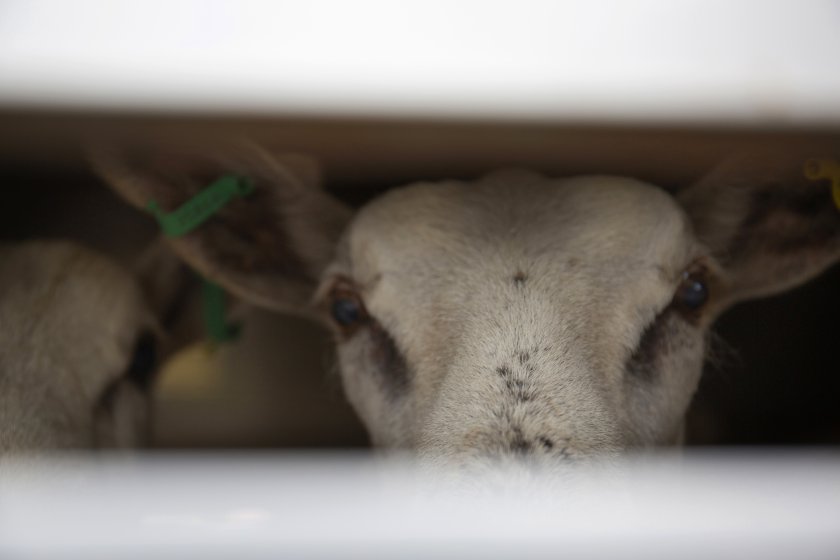
The farming industry has called for 'common sense' as the consultation proposing stricter rules on the movement of livestock comes to a close.
In December, Defra proposed the introduction of tighter rules on the transport of livestock with the aim of improving animal welfare.
The consultation, for England and Wales, focuses particularly on ending the live exports of livestock for slaughter and further fattening.
It has proposed that no journeys should be permitted to take place if the forecast for the external temperature on the day of transport is outside the range of 5-25 degrees celsius.
The only exception to this would be if the vehicle is able to use a thermo-regulatory system to control the internal temperature throughout the entirety of the journey.
The consultation closes on Thursday (25 February) and the industry have responded with deep concern regarding the feasibility of the proposals.
The NFU has stressed the significant impact the proposals would have on the livestock sector, while failing to deliver any meaningful benefit to animal welfare.
The union said the main priorities should be the animal’s fitness to travel, loading and unloading and driver training and experience, rather than the length of journey or the external temperature at the time of transport.
The NFU added that it believed the current regulations for domestic transport were sufficient enough to deliver high welfare.
More focus from the government and industry needed to be placed on certified training, the union said, providing clearer sector specific guidance and improving regulator’s enforcement of the current rules.
Deputy President Stuart Roberts said: “The suggested changes to journeys based on duration and weather conditions would cause serious delays and disruption, potentially damaging welfare outcomes.
"These are serious issues, especially when no evidence has been provided to suggest they would actually benefit animal welfare."
He said Defra had been unable to provide a sufficient financial impact assessment on what its proposals would mean for the industry.
Steve Carlyle of County Fresh Pullets, who transports around 8 million birds a year, said that he had major concerns regarding the proposed temperature requirements.
Since the consultation was launched in December 2020, the firm has been tracking the temperature forecasts for each of the movements they carry out.
Results show that the company would not have been able to move a single bird since 23 December under the proposed legislation.
"That would mean more than 1 million birds would still be on rearing farms, meaning that the chicks which were supposed to go into them would not have been able to," Mr Carlyle said.
"We would have a major animal welfare issue because the rearing farms would be grossly overstocked, and birds would be laying in quarters where there are no laying facilities.
“We found over a journey of 4 hours, 8:30 – 12:30, that temperatures varied between 10 - 16 degrees Celsius within the trailer," he explained.
"When we loaded the birds, the external temperature was 4? and when we unloaded them at their destination it was 8 degrees Celsius.
"The birds were healthy, and none were lost, however this movement would not have been permitted under the proposed legislation,” Mr Carlyle said.
Animal welfare is a fully devolved matter, and the UK government is working with the Welsh government on this consultation.
